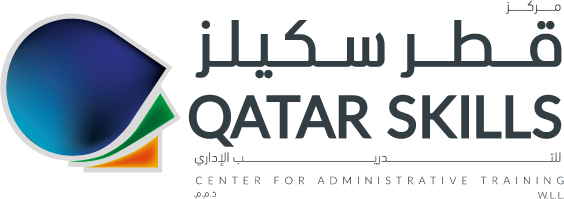array (
'course-city' =>
array (
0 => 48,
177 => 90,
226 => 77,
336 => 106,
371 => 107,
445 => 72,
486 => 108,
528 => 109,
551 => 110,
582 => 111,
604 => 71,
639 => 112,
673 => 78,
708 => 113,
798 => 70,
818 => 114,
875 => 115,
877 => 127,
910 => 116,
1054 => 117,
1226 => 118,
1324 => 91,
1402 => 119,
1492 => 120,
),
'course-language' =>
array (
0 => 49,
706 => 126,
),
'types' =>
array (
0 => 81,
),
'course-category' =>
array (
0 => 67,
127 => 64,
128 => 65,
129 => 58,
130 => 59,
131 => 66,
132 => 125,
133 => 60,
134 => 61,
135 => 123,
136 => 46,
137 => 51,
138 => 62,
139 => 85,
140 => 83,
141 => 76,
144 => 99,
145 => 57,
146 => 63,
149 => 97,
152 => 98,
157 => 124,
158 => 103,
159 => 104,
160 => 105,
161 => 55,
162 => 75,
163 => 53,
164 => 56,
172 => 100,
174 => 101,
178 => 122,
191 => 121,
240 => 102,
),
'course-type' =>
array (
0 => 73,
),
)Enhancing Laboratory Report Writing Skills: Strategy & Methodology
Course Overview:
What does it mean to be a scientist or technician in a laboratory? Why do laboratory staffs ask questions such as what is that substance and why does it react that way?
Since the beginning of time, man has been seen as an inquirer. We are always trying to discover new things, classify everything, and understand the behavior of things. The ability to enquire is one of the most important assets a person in a laboratory can have. You need to be able to act in the role of an inquirer when working in a laboratory environment.
The idea of this course is to give an introduction to working in a laboratory. It is hoped that people become aware of their role and function in a laboratory environment. Whatever the function of the laboratory, its most important asset is the staff and how that staff performs. This course presents people with the basics to become an integral part of the laboratory and assist the facility to generate data that are of high quality and scientifically reliable.
Course Objectives:
Upon successful completion of this course, the participants will be able to:
- Identify the dangerous chemicals and how to minimize the risk associated with them in case of fire, chemical spill, or sudden failure of equipment
- To exercise total quality management in producing reliable, consistent, and independent results and on-time for their customers
- To emphasize equipment calibration and maintenance as part of the quality assurance and quality control procedures
- To increase the awareness of occupational health and safety in the laboratory environment, and exercise total professionalism in scientific and management areas
- To identify the most effective and efficient practice in planning, organizing, prioritizing, and executing the business requirements
- To develop effective communication and interpersonal skills among lab personnel
Who Should Attend?
This course is intended for Laboratory managers, analytical chemists, medical scientists, laboratory supervisors, research and development scientists, microbiologists, food technologists, and quality assurance/control managers.
Course Content:
Day 1:
- Introduction and the expectation
- Types of reports
- What is a technical report?
- Reviewing basic writing skills
- Enhancing your report
Day 2:
- Report writing strategies
- Scientific reports
- One page reports
Day 3:
- Analytical test reports and certificates of quality
- Electronic versus paper reports
- Recording and review of results
Day 4:
- Test method writing
- Reporting to the senior management team
- Summaries of working
Day 5:
- Instructions, procedures, etc.
- Handling customer complaints (reports vs. Other techniques)
- Customer complaint response reports



